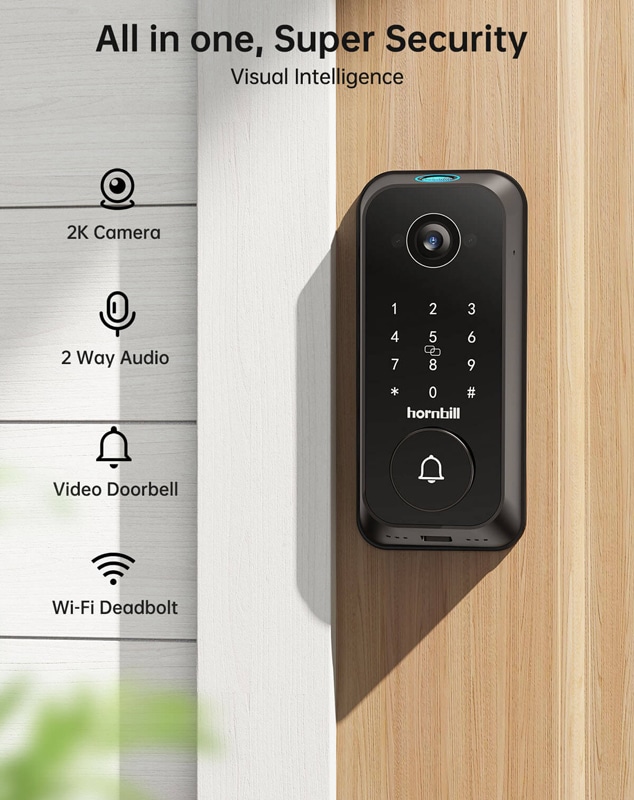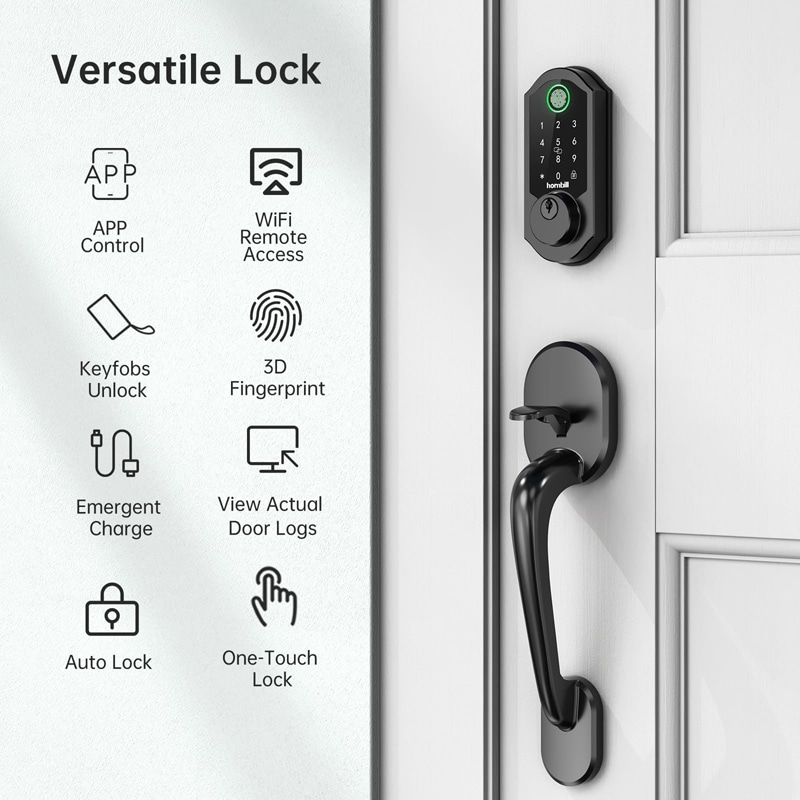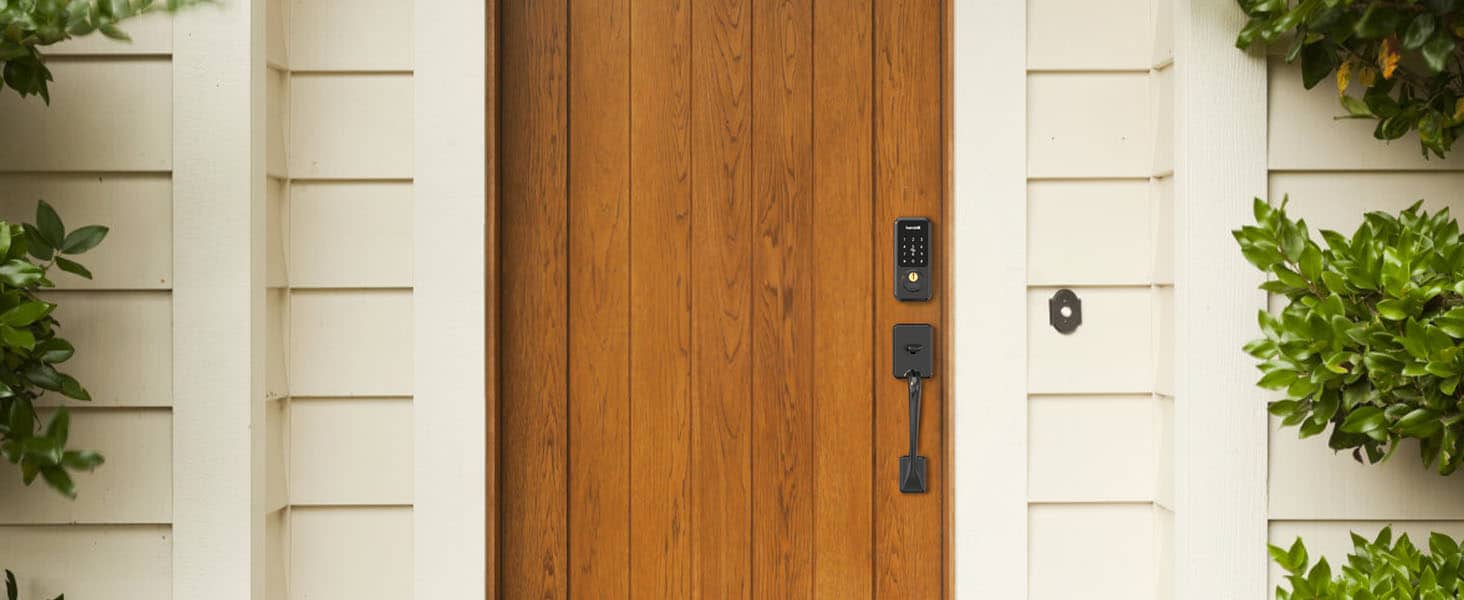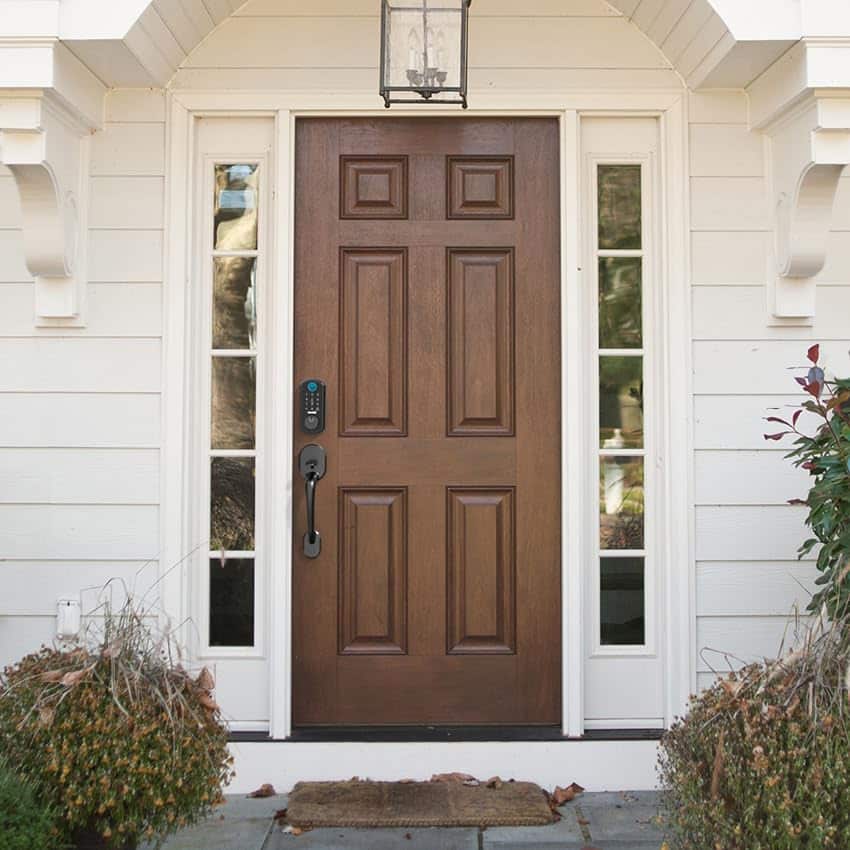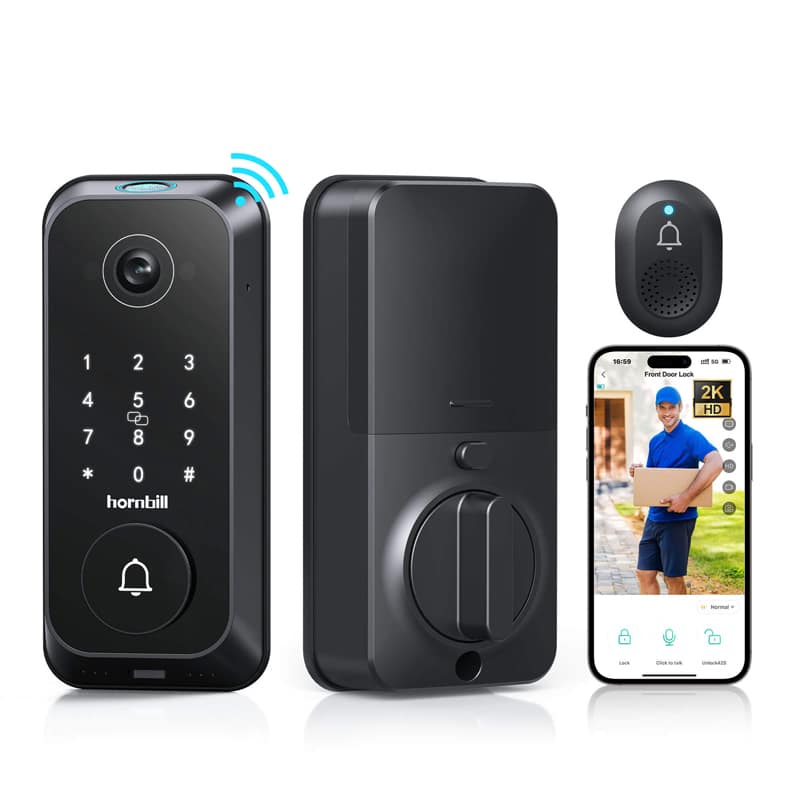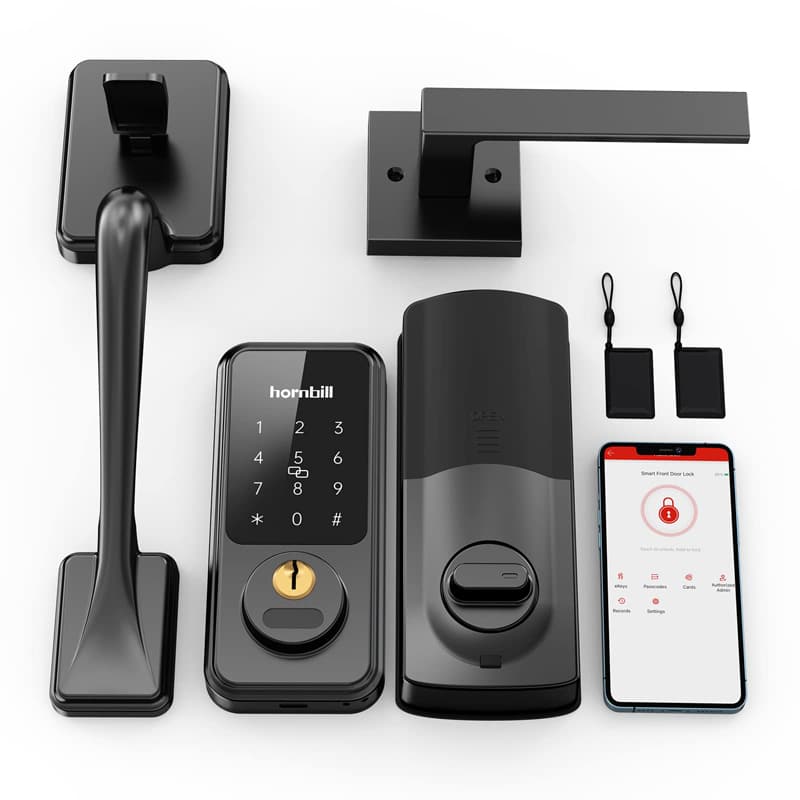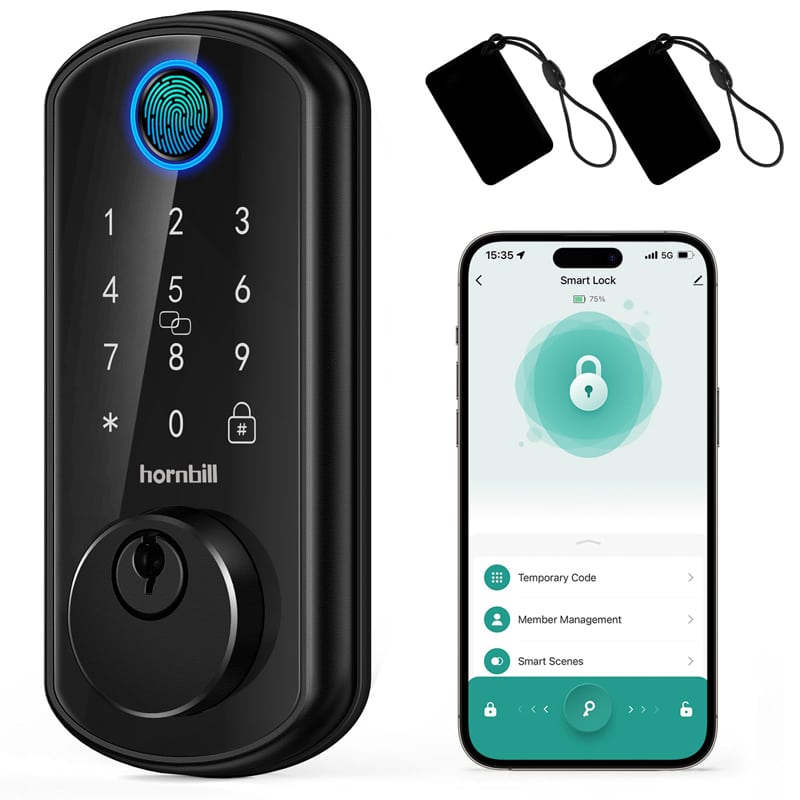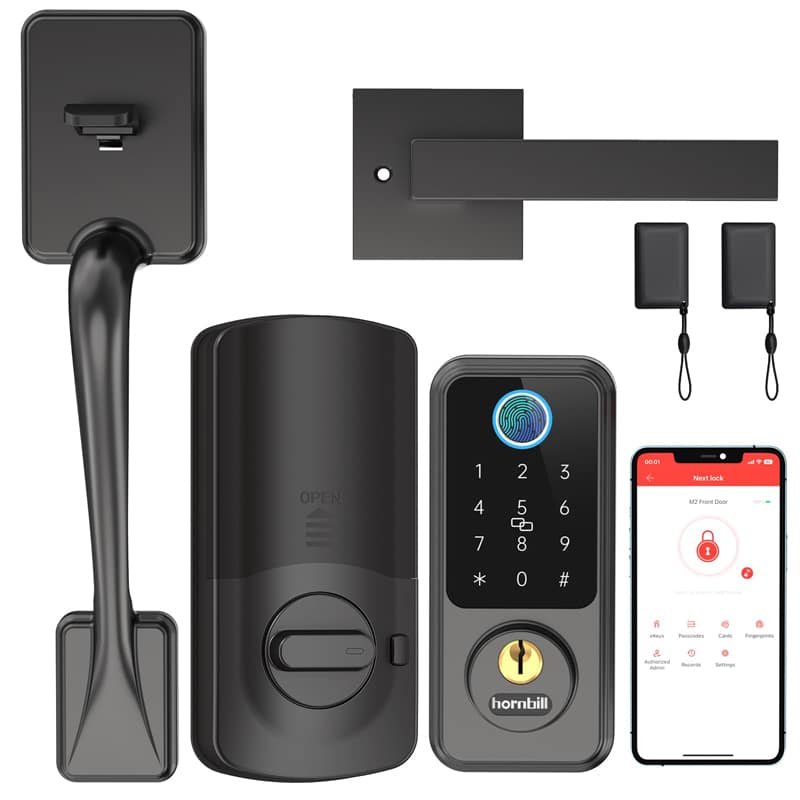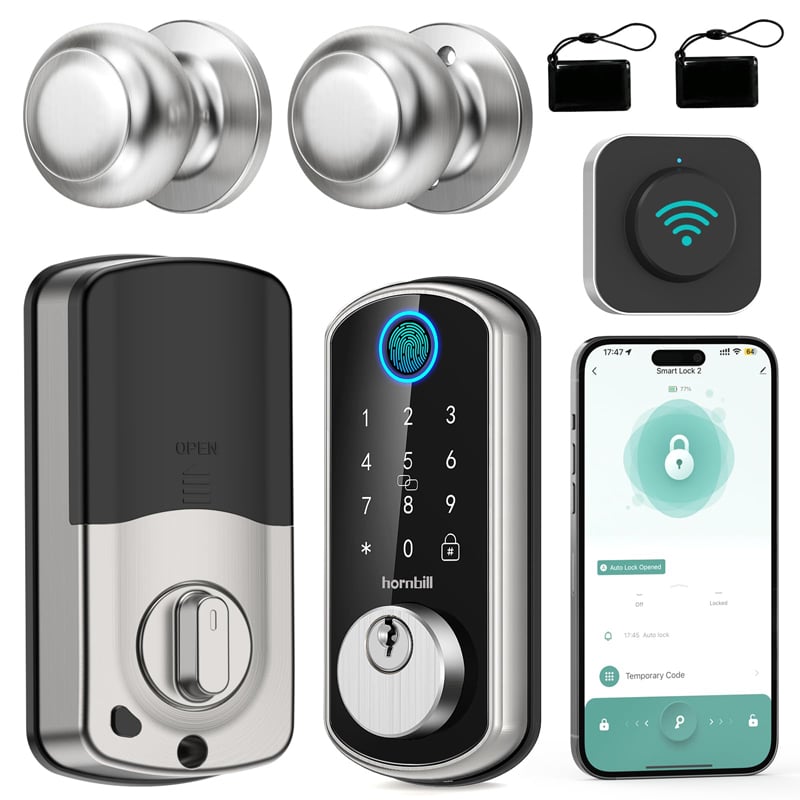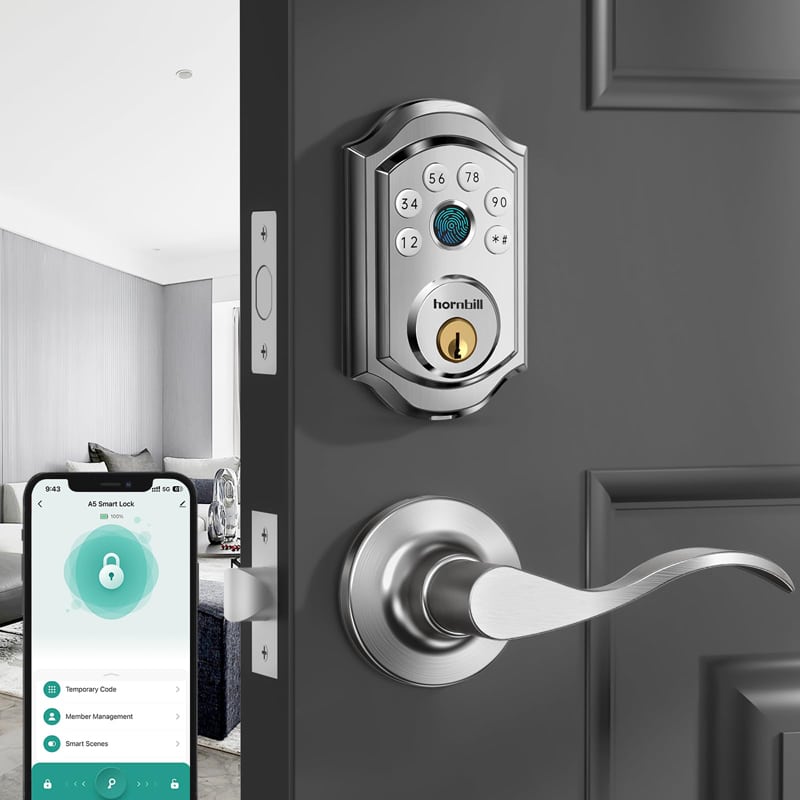Amplifying the sophistication of your smart home involves more than merely integrating a voice-activated speaker or digital assistant. Hornbill smart door lock accurately termed ‘smart deadbolts’, not only simplify your daily routine but also bolster the security of your property via visitor keys for guests, automatic locking, and status notifications.
These locks play a critical role in allaying worries when you’re away from your home. They send notifications if the door remains unlocked and enable remote access to the log history, discerning any abnormalities. Moreover, even while you’re away, it’s possible to set a guest key code, ensuring your neighbor doesn’t have to scramble searching for a spare key should you forget to water the plants.
We have tested an extensive assortment of the latest smart locks, including those we’re yet to experiment with, to assist you in determining the most suitable one for your needs.
Understanding Smart Locks
Installation:
Typically, smart door locks are available in either of these two configurations:
A deadbolt lockset, which includes the bolt, exterior keyped lock, or keypad, along with the interior thumb lever and plate. These can replace your existing deadbolt, or you can add them above your present doorknob or handle.
A configuration that only substitutes the interior thumb lever and plate, using the present deadbolt and exterior keyed lock. If you have uniform doorknobs and deadbolts, or if all your locks are keyed likewise, this option will let you retain your current setup.
If you are replacing an already installed deadbolt or introducing one to a predrilled new door, the process is quite simple and requires only a screwdriver and approximately 15 minutes. However, setting up a deadbolt on a door that previously has not had one, could take a little longer. You might require a door hardware installation jig to ensure everything is properly set up.
Connectivity:
Smart locks use Wi-Fi, Bluetooth, or Z-Wave radio waves to interact with apps on smartphones, WiFi bridges, or smart home hubs like Google Home and Alexa. Almost all smart locks include Bluetooth, which is majorly used to establish them via a smartphone app.
WiFi-enabled smart locks, which are networked to your home infrastructure, work with an app on a smartphone for long-distance operation and tracking. They might connect to or be incorporated with security systems, smart home devices like Google Home and Alexa, or Apple’s HomeKit.
You can hence automate your smart home actions. For instance, when you say “goodnight” to your smart assistant, your smart thermostat lowers the temperature, switches off all the lights, and ensures the lock is securely fastened. It is important to note that Wi-Fi built-in locks drain batteries faster than low-energy radio waves, like Bluetooth or Z-Wave.
Unlocking:
The physical method you utilize to unlock and lock your door is very crucial, considering its high frequency of usage. Plenty of smart locks either work directly with your phone or connect to smart home assistants for effortless locking and unlocking from your device.
Other alternatives incorporate keypads or fingerprint scanners for direct access, eliminating the need for your smart device. Moreover, several smart locks also come with mechanical keys in addition to their “smarter” unlocking methods for physical access.
Our Selection Process:
The harmful smart lever door locks on this list have undergone strict evaluation and scrutiny by our editorial staff. We’ve researched the market landscape, surveyed user reviews with Fakespot analysis to validate their authenticity, held discussions with product managers and engineers, and utilized our own experiences with these smart locks to identify the best choices.
To test these locks, we mounted each on an exterior metal door to appraise their fit and ease of installation. We paired them with our smartphones, ran through their setup procedures, and evaluated their Bluetooth functionalities. To connect the smart locks to the internet, we employed a wireless network with a Speedtest.net standard of 25 Mbps.
All of the locks were installed on a uniform test stand, and transported off-site, and a live video feed was established to review functionality. We then remotely locked and unlocked them utilizing our smartphones while inspecting the video feed, and corroborated the lock status via the manufacturers’ apps.
We made efforts to test all the smart locks’ features and incorporated aesthetics into our evaluation.
Recommended Options:
After extensive testing and evaluation, our choices are as follows:
Our highly recommended option is the Schlage Encode Smart Wi-Fi Deadbolt Smart Lock for its multiple home management, even though it lacks the auto-unlock feature.
Our second recommendation is the August Home Smart Lock Pro + Connect for its versatile installation and supporting multiple smart home systems.
We recommend the Hornbill Security Smart Lock for its compatibility with other smart home gadgets.
For Airbnb hosts, Hornbill Smart Lock, which allows guests to unlock doors without an application, emerges as the top choice.
Yale Assure Lock is best for connections over Wi-Fi, remotely extending locking and unlocking facilities. Will able to administer lock functions remotely, as well as integration with Google Assistant or Alexa.

